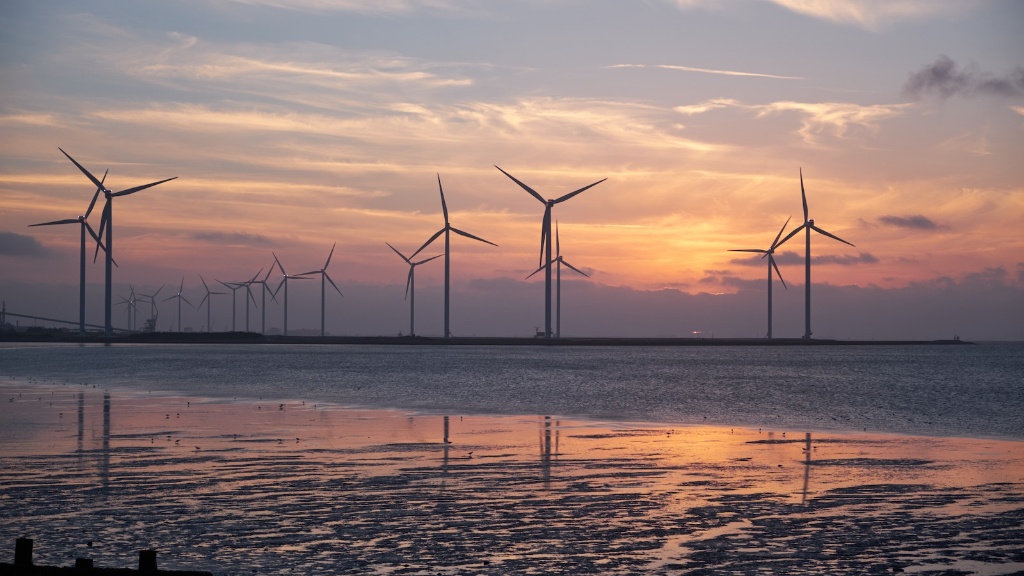The growing concern over the implications of global warming is becoming increasingly pervasive. From the effects on agriculture and economies, to the increasing frequency of natural disasters, global warming wreaks havoc on our planet and its inhabitants. Recent scientific studies indicate that emissions of carbon dioxide and other pollutants attributed to human activity are gradually raising the Earth’s temperature each year. Strategizing a comprehensive approach to tackling the perils of global warming is an urgent task, considering the potential impact on human health, industry and environment stands to be catastrophic.
Environmental experts are on-board with the need to mitigate global warming through policy, research and technological advancements. It is generally accepted that the negative impacts of global warming can be stifled by reducing the emission of pollutants and taking advantage of the natural resilience of ecosystems. Unaddressed, global warming could lead to a host of serious issues. Numerous reports identify threats ranging from devastating floods, extreme storms, hurricanes and droughts, to economic disruptions and an exponential rise in global sea levels. Conversely, anomalous weather can mean a reprieve from cold temperatures, as well as an abundance of sun in snowy regions. These effects may be advantageous to some, but they also can bring a range of health and economic complications.
Despite the potential risk of global warming, some still debate the legitimacy of the science and its extrapolations. A 2018 Gallup poll revealed that 62 percent of Americans believe climate change is caused by human activity, yet 32 percent are unsure or deny its existence. Still, the scientific evidence remains overwhelmingly conclusive that global warming is real, widespread and growing with time. Further, in October 2018, the UN Intergovernmental Panel on Climate Change issued a stark warning that there is a “window of opportunity” to limit global temperature to a rise of 1.5 degrees Celsius. And, according to the World Meteorological Organization, eighteen of the warmest nineteen years on record have occurred since 2001.
The sobering reality of global warming has led to calls for policy reform and a collective effort to reduce emissions. In 2015, the world united around an estimated 197 countries behind the Paris Agreement, agreeing to end to global warming and its catastrophic impacts. The agreement is a milestone in the global fight against global warming as it is the world’s first truly universal climate agreement. Signatories promised to cut carbon emissions, but the US announced in 2017 that it would pull out of the agreement. Nonetheless, many US states, individual citizens and businesses remain committed to reducing emissions and combating the effects of global warming.
In conclusion, the effects of global warming are not to be taken lightly, and even a slight change in global temperatures can have far-reaching implications. It is paramount that we make a concerted effort to mitigate emissions of pollutants and other causes of global warming. This will require a collective effort from governments, businesses and individuals across the world. Until policy change is implemented, citizens must do their part to make a difference in their daily lives. For example, employing energy efficient lights, recycling, and cutting back on the use of plastics are activities we can all participate in to reduce our personal environmental impact.

